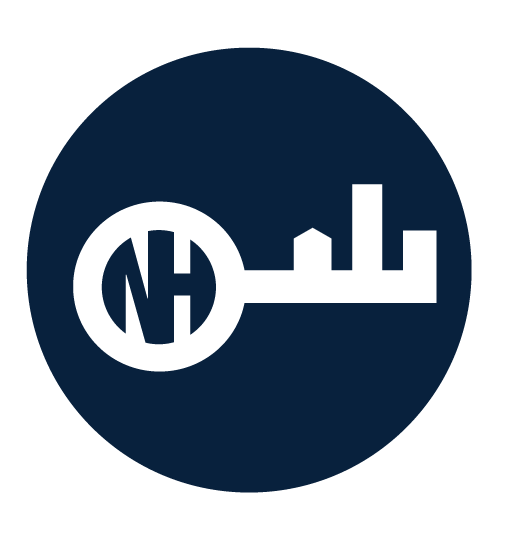Social networks like Facebook, Nextdoor, TikTok, Instagram, Twitter, etc. have dramatically changed the way all of us – including homeowner and condominium associations – communicate. These networks allow community associations to easily, inexpensively, and instantly notify their members about a wide variety of issues. They also can be a useful forum where members can speak directly with their associations and each other. When used effectively, social media can help community associations avoid collections delinquency, build a stronger community, and maintain open lines of communication. However, these powerful HOA social media networks should not be utilized without analyzing their potential risks and developing a plan to limit those risks.
Community Association Social Media Risks
Legal Claims, Including Defamation. Posts on social networks by associations can lead to claims for invasion of privacy, harassment, discrimination, and breach of confidentiality, among other potential claims. The most foreseeable claim is for libel. Libel is a written form of defamation. O.C.G.A. § 51-5-1 defines libel in Georgia as “a false and malicious defamation of another, expressed in print, writing, pictures, or signs, tending to injure the reputation of the person and exposing him to public hatred, contempt, or ridicule.” Posts on social networks have been found to be actionable defamation.
Undercutting Association Rules and Positions. Posts on HOA social media networks can be made in mere seconds but are permanently saved on the internet. As a result, a post which is inconsistent, incomplete, or simply incorrect can have a long-lasting effect on an association. Social media posts can be used to challenge association rules, regulations, and positions. Social media posts, and responses to them, can end up as evidence in association litigation and collection matters, and can be harmful to associations’ interests.
Damaging the Community Wellbeing. While not as monetarily dangerous, social networks have the power to sow disunity in a neighborhood. Social media fights between owners, managers, and board members can devolve into open conflict between warring factions. This can hurt the communal fabric of any neighborhood.
These are just some of the foreseeable pitfalls that can arise with the use of social media. As a result, HOA and condominium association boards of directors should carefully consider potential benefits versus potential harm of their associations’ social media use. If a board does make the business decision that the effectiveness of these powerful tools outweighs any potential pitfalls, then social media should only be used after a social media policy is developed. This policy should be written and republished annually. Social media policies should address the following considerations:
Community Association Social Media Policies
Code of Conduct. Every condominium association & HOA social media policy should first and foremost provide for what information can be posted in the association’s name on social media. The policy should also establish what can be posted on any forum hosted by the association. Any posts allowed should be limited to only accurate and factual information, such as dates and times of meetings. Posts should never be personal, controversial, or threatening. In addition, posts should never identify individual owners or residents, especially not in a bad light.
Control. HOAs and condominium associations should restrict posting on their behalf to designated individuals or a third-party vendor who has been trained on using social media properly. This designated individual should have the authority, among other controls, to approve or refuse posts, manage comments, and remove prohibited content. Associations should also actively monitor their social media footprint for potential issues. Unofficial websites and prohibited information should be removed when found.
Confirm Insurance Coverage. HOAs and condominium associations should also confirm the extent of their insurance coverage regarding claims related to the posting and hosting of social media. Board members might be covered when acting in their capacity as directors. However, coverage might not apply to posts on unofficial association pages. The board’s understanding of what actions are not covered will better shape what prohibitions need to be included in their community association’s social media policy.
At NowackHoward, we focus on condominium and HOA law throughout Georgia. To learn more about our practice and how we can help guide your community, contact one of our attorneys today at (770) 863-8900 or by email at info@nowackhoward.com.
©2021 NowackHoward, LLC. Unless otherwise stated, all contents of this website are the sole property of NowackHoward, LLC and may not be reproduced in whole or in part without express written consent.


